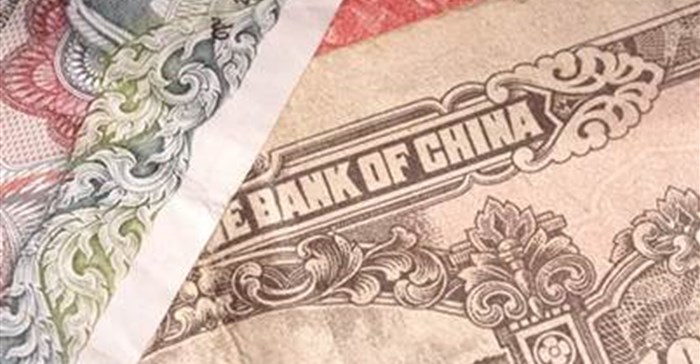Growth in trusts
Probably the most interesting and major financial development in China has been the growth of trusts. Banks were allowed to have their wealth-management products invest in trust plans, and these trusts have funded government infrastructure and real estate projects. Although there is no legal guarantee for the trust investors, there is a perception that the bank in fact guarantees it.
This thinking is augmented by the fact that most of these trust companies are owned not only by banks but also by large state-owned enterprises and local governments. These trusts have become a major method for banks to invest in equities, listed assets such as loans and the money market. Therefore, they provide a method for banks to offer finance to higher-risk sectors that normally would be restricted in some way by regulators.
At the end of the day, we believe the risks in China’s financial sector are actually quite similar to what we find in other parts of the world. There is no question that many of the wealth-management products were exceedingly successful and provided excellent returns to investors. When that happens, there is often a tendency for the market to ignore the risks, and people pile into the products at even a greater rate.
Burden of risk
Organisations such as the International Monetary Fund have warned about the risk of corporate debt in China and its rapid growth. However, although the corporate sector may be sitting on high debt levels, the leverage in the government and household sectors is still rather low compared with some other developed countries. For example, China’s household debt-to-GDP ratio was just over 40% last year, while the same reading in the United States was at about 80%, down from nearly 100% in 2008.
Given the popularity of non-traditional lending vehicles with the public, it seems unlikely China’s government would allow major defaults. Remember, while China continues to open its economy, it’s still a controlled one.
One might say the burden of risk sits with the government and the government is quite aware of this. That said, shadow financing sits in contrast to a system which overwhelmingly consists of bank loans funded by stable deposits; shadow financing in general involves more complex intermediation and funding structure, and generally requires the government to do more work to monitor the situation.
In the event of a liquidity problem in the system, it may be more difficult for the government to stabilise the funding condition so as to prevent such to develop into systemic crisis. There are signs regulators are carefully examining the more egregious instances of financial product sales and abuses.
At the end of 2016, the China Insurance Regulatory Commission announced measures against life insurers’ aggressive and inappropriate market practices; insurance companies were restricted from filing for new products and selling universal insurance products for three months. Many insurers were warned about their sales of high-cash-value universal products, while others were prohibited from further sales of online insurance business because of misleading sales pitches.
China’s consumer boom
I wouldn’t necessarily say the record of banking regulation and banking behaviour in other parts the world is something to be praised. However, the bottom line is that due diligence is required no matter where you invest. While the year ahead is certain to bring challenges, we remain optimistic about investing in China and the many opportunities we see in various sectors of the economy.
The growth in financial services is just one area representing the boom in consumer-oriented products and services we expect to continue in China. For example, we view the automobile market favourably as penetration rates remain quite low versus developed markets.
In addition, there has been a lot of technological change in the industry, with greater focus on efficiency, lower emissions and a shift towards electric vehicles. Another area we are focusing on is entertainment.
We think gaming has good potential; Macau’s casinos, for example, have attracted Chinese tourists. Similarly, we see a rapid growth of multiplexes and movie theatres in China and emerging markets in general, along with other types of entertainment venues.
Read part one of China and shadow financing here




















































